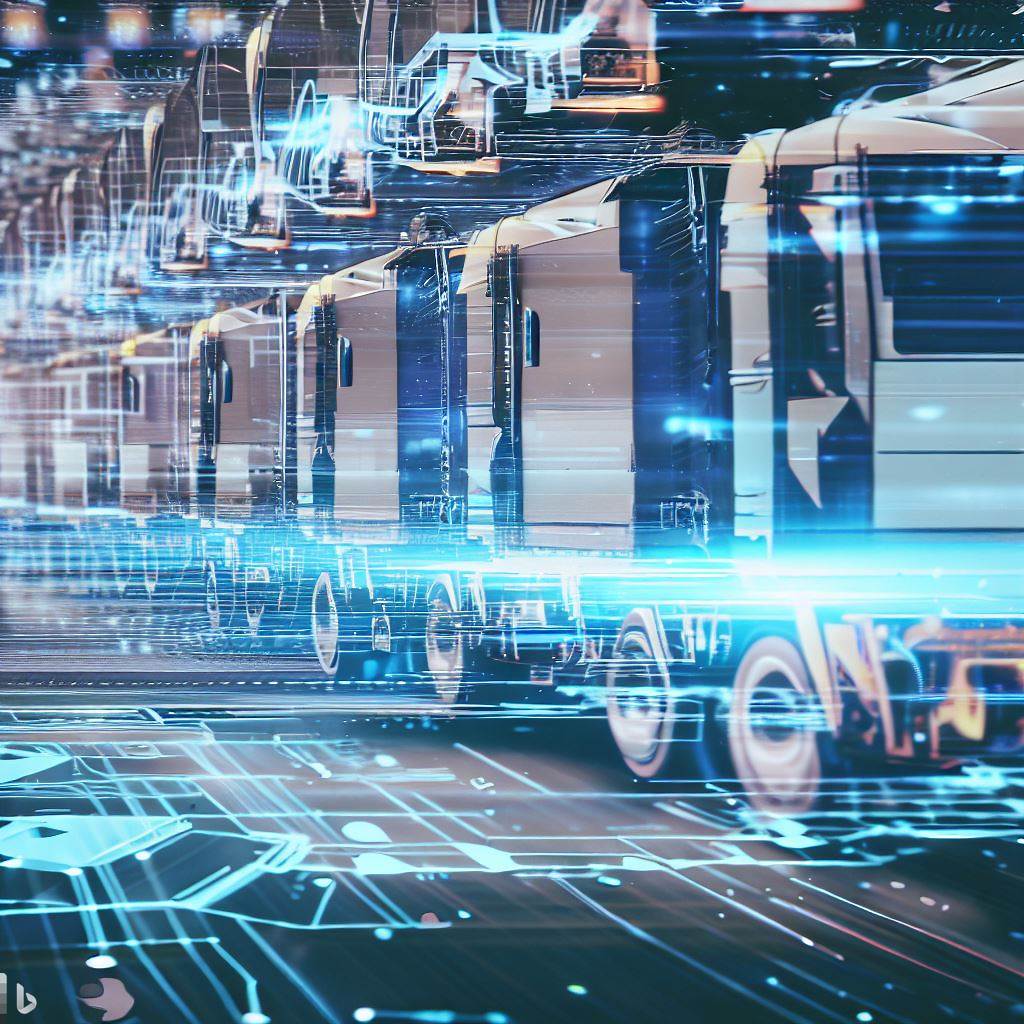
The logistics industry, a backbone of global commerce, is poised for a major transformation driven by technological, environmental, and socio-economic shifts. Let’s explore what the future might hold:
1. Autonomous Transportation:
- Driverless trucks, drones, and ships are on the horizon. These vehicles, equipped with advanced sensors and AI, will enhance efficiency and reduce human error.
2. Sustainable Solutions:
- As environmental concerns rise, eco-friendly transport methods will become paramount. This includes electric vehicles, biodegradable packaging, and energy-efficient warehouses.
3. Smart Warehousing:
- The warehouses of the future will be automated with robots, smart shelves, and AI-driven management systems, optimizing space and reducing lead times.
4. Integrated AI and Machine Learning:
- Predictive analytics will forecast demand, optimize routes, and anticipate potential disruptions, enabling proactive decision-making.
5. Blockchain in Logistics:
- Secure and transparent transaction records will streamline operations, ensuring authenticity, and reducing fraud.
6. On-Demand Logistics:
- Reflecting the ‘Uberization’ trend, logistics will become more customer-centric, offering real-time tracking and flexible delivery options.
7. Advanced Tracking Systems:
- IoT devices will provide granular tracking of shipments, monitoring factors like location, temperature, and handling in real-time.
8. 3D Printing:
- Localized manufacturing through 3D printing will reduce the need for transporting certain goods over long distances.
9. Hyperloop and High-speed Rails:
- These innovations promise to drastically reduce transport times for goods over long distances.
10. Drone Deliveries:
- Especially for last-mile deliveries in urban areas, drones can offer rapid and flexible delivery solutions.
11. Augmented Reality (AR):
- AR will play a role in training and assisting workers, especially in warehousing, helping them locate items faster or visualize complex tasks.
12. Personalized Logistics:
- Customization will become key, with consumers choosing exact delivery slots or even the mode of transportation for their goods.
13. Decentralized Supply Chains:
- Resilience will be prioritized over efficiency, leading to more distributed, local supply chains to minimize disruption risks.
14. Space Logistics:
- As space exploration advances, there will be growing needs to transport goods between Earth and outposts on the Moon, Mars, or even asteroids.
Conclusion:
The future of logistics will be marked by efficiency, sustainability, and customization, reshaping global trade patterns and consumer experiences. As technological advancements continue to drive change, collaboration between industry players, tech companies, and regulators will be crucial to ensure a seamless and sustainable logistics landscape.
